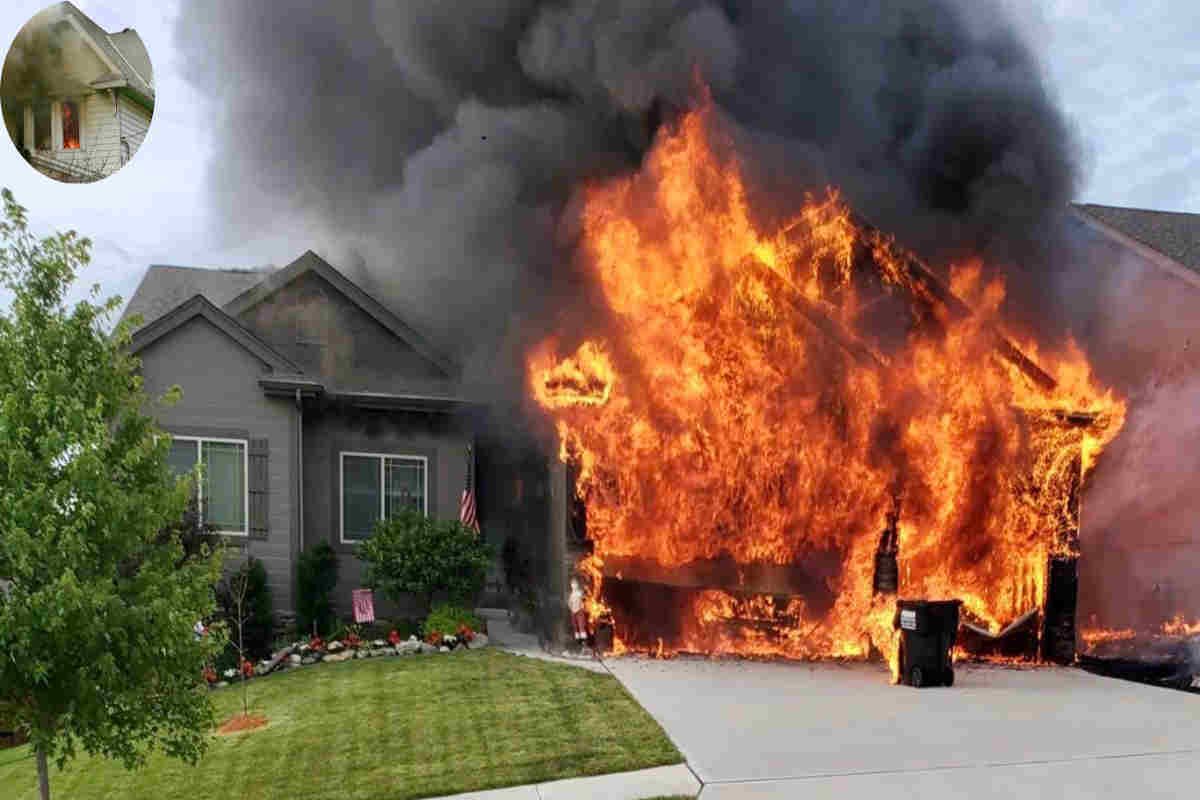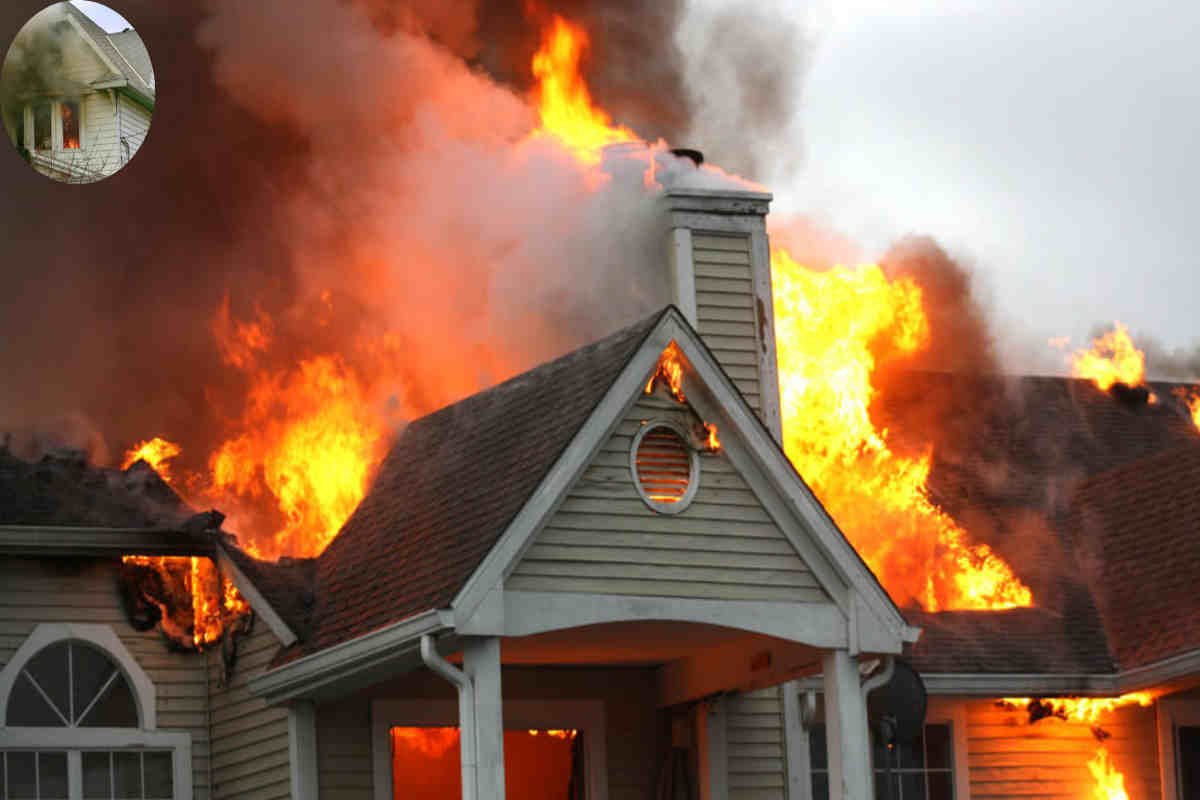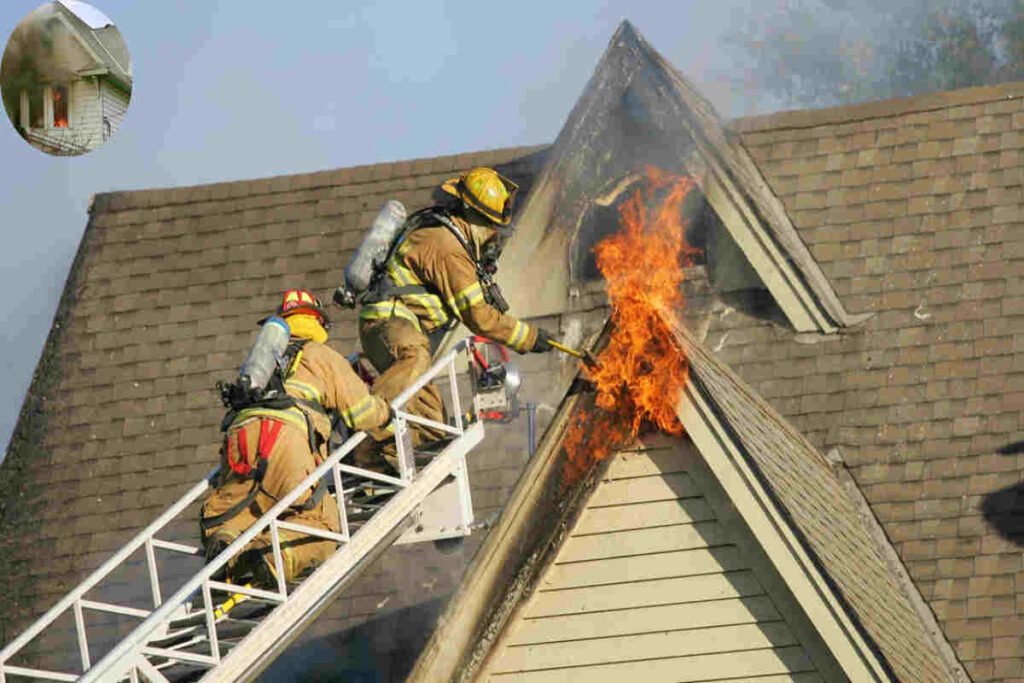Insurance coverage for house fires is crucial to protecting homeowners from the devastating financial impact of fire-related damage. Understanding the scope and limitations of such coverage can mean the difference between a swift recovery and prolonged hardship after a fire incident. Typically, homeowners insurance policies include fire coverage that protects the dwelling, personal belongings, and additional living expenses if the home becomes uninhabitable. However, the extent of coverage varies by policy, and some homeowners may need to consider specialized fire insurance for more comprehensive protection. Key components often covered include repair or rebuilding costs, replacement of damaged personal property, debris removal, and temporary housing expenses. Being well-informed about these elements helps homeowners ensure adequate protection tailored to their property’s value and specific risks.
Common misconceptions about home insurance and fire coverage
Many homeowners believe that standard home insurance policies automatically cover fire damage. This is often not the case. While most policies do offer some level of protection, there are nuances.
Some people think all types of fires are covered—like those caused by wildfires or arson. However, coverage can vary widely depending on the cause and your specific policy.
Lower premiums may seem appealing but could leave you underinsured during an actual crisis.
Many assume their personal belongings are fully covered for fire-related losses without realizing there might be limits and exclusions. Understanding these details is crucial to ensuring adequate protection against potential disasters.
Types of coverage available for fire damage
Regarding fire damage, several types of coverage can protect homeowners. The most common is dwelling coverage, which helps repair or rebuild your home if a fire damages it. This ensures that the structure remains safe and livable.
Personal property coverage is another crucial aspect. It covers personal items like furniture and electronics lost in a house fire. You’ll want this protection for peace of mind regarding your cherished belongings.
This includes hotel costs and meals, so you’re not left without support during recovery.
Liability coverage can come into play if someone gets injured on your property due to the fire. Understanding these options will help tailor a policy that meets all potential needs related to fire incidents.
You may also read (does closing blinds really keep your house cooler).
Factors that affect insurance premiums for fire coverage
Many factors influence insurance premiums for fire coverage. One key element is the location of your home. Areas prone to wildfires or those with high crime rates often face higher costs.
The age and condition of your property also play a significant role. Older homes may have outdated wiring or plumbing, increasing risk and premiums.
Building materials matter, too. Homes constructed from fire-resistant materials generally enjoy lower rates than those built with wood or other flammable substances.
Your claims history can impact pricing as well. Frequent claims signal higher risk, prompting insurers to adjust rates accordingly.
Installation of safety features like smoke detectors and sprinkler systems can lead to discounts on your premium. Insurers appreciate proactive measures that reduce risks associated with house fires.
Steps to take after a house fire to ensure proper insurance coverage
Experiencing a house fire is devastating. After ensuring everyone’s safety, focus on your insurance coverage.
First, document the damage. Take photos and videos of affected areas. This visual evidence will support your claim.
Next, contact your insurance agent immediately. Report the incident and ask about specific procedures for filing a claim related to fire damage.
Keep records of all communication with your insurer. Note dates, names, and details discussed during calls or meetings.
Secure temporary housing if needed. Many policies offer additional living expenses coverage while you find a new place or repair your home.
Gather receipts for any emergency repairs or essential items purchased after the fire. These may be reimbursable under your policy and help streamline the claims process later.
You may also read (does leaving your garage door open really cool your house).
Understanding the claims process for fire damage
Experiencing a house fire can be devastating. Understanding the claims process for fire damage is essential to moving forward.
First, contact your insurance company as soon as possible. They will guide you through the steps and documentation to file a claim.
Document everything related to the incident. Take photos of the damage and inventory lost items, and keep receipts for any temporary repairs or accommodations.
An adjuster will likely visit your property to assess the damage. Be prepared to answer questions about how the fire started and what was affected.
Stay organized throughout this process. Keep all correspondence with your insurer in one place, including emails and phone call notes.
Don’t hesitate to ask questions if anything is unclear. Ensuring you fully understand each step can help alleviate stress during this challenging time.
Tips for choosing the right insurance policy for fire coverage
Choosing the right insurance policy for fire coverage can be a daunting task. However, it’s essential to ensure adequate protection for your home and belongings. Start by assessing your needs. Consider the value of your home and possessions when determining how much coverage you require.
It’s also crucial to compare different policies from various providers. Look at their terms and conditions and what specific fire-related damages are covered. Some insurers offer additional options like extended replacement costs or living expenses while you’re displaced.
Don’t hesitate to ask questions about anything unclear in the policy language. Understanding exclusions is critical because some common causes of fires might not be included in standard policies.
Remember to review your coverage annually or after significant life changes—such as renovations or purchasing new valuables—to ensure it remains sufficient.
Seek advice from professionals if needed; an insurance agent can help clarify details tailored specifically to your situation. With careful consideration and thorough research, you’ll find a fire insurance policy that meets your needs and peace of mind.
You may also read (does the name on the house impact ownership rights).

